Looking Inward to Listen Better
- Jul 22, 2025
- By personifyadmin
- In Newsletters
- 0 Comments
Staying fully present in a conversation is one of the most powerful skills a leader can develop. Yet even with the best intentions, it is easy to get distracted. Sometimes the cause is external, like noise or interruptions. Other times, the real distraction comes from within.
Internal distractions are often harder to spot. You might be replaying a difficult meeting in your head, worrying about a deadline, or feeling defensive about what is being said. These thoughts and emotions pull your attention away from the person speaking, even if you appear to be listening.
Taking time to reflect after these moments helps you understand what was going on inside you. Was it stress? Fatigue? A personal bias? A need to control the outcome? Naming the internal driver of your distraction is the first step to addressing it.
Reflection also helps you prepare for the next time. If you know certain topics trigger anxiety or frustration, you can plan strategies to stay grounded. This might include taking a breath before responding, setting aside unrelated worries before the conversation, or reminding yourself of the importance of hearing the full story.
When leaders understand their own internal reactions, they are better able to manage them in real time. This creates a stronger presence and allows for deeper listening. The person you are speaking with can feel the difference when your attention is steady and genuine.
Listening well is not just about hearing others, it is about managing yourself. By looking inward after challenging moments, you build the awareness needed to keep your focus where it matters most.
Our Core Program gives leaders practical tools to reflect on these moments, recognize personal triggers, and maintain presence in even the most challenging conversations.
~by Michelle Cummings, Founder & CEO, Personify Leadership
Tip/Tool for Implementation: After a tough conversation, ask yourself what was pulling your attention away, and why.
Leaders who reflect on their internal distractions during conversations gain insight into what pulls them away from being fully present. This self-awareness helps them manage their reactions, stay focused, and listen more effectively. Understanding these triggers improves both communication and relationships.
Supportive Research: Role of reflective practice and metacognitive awareness in the relationship between experiential learning and positive mirror effects: A serial mediation model. Science Direct, Wing W.Y. Ho, Yan H.Y. Lau. April 2025

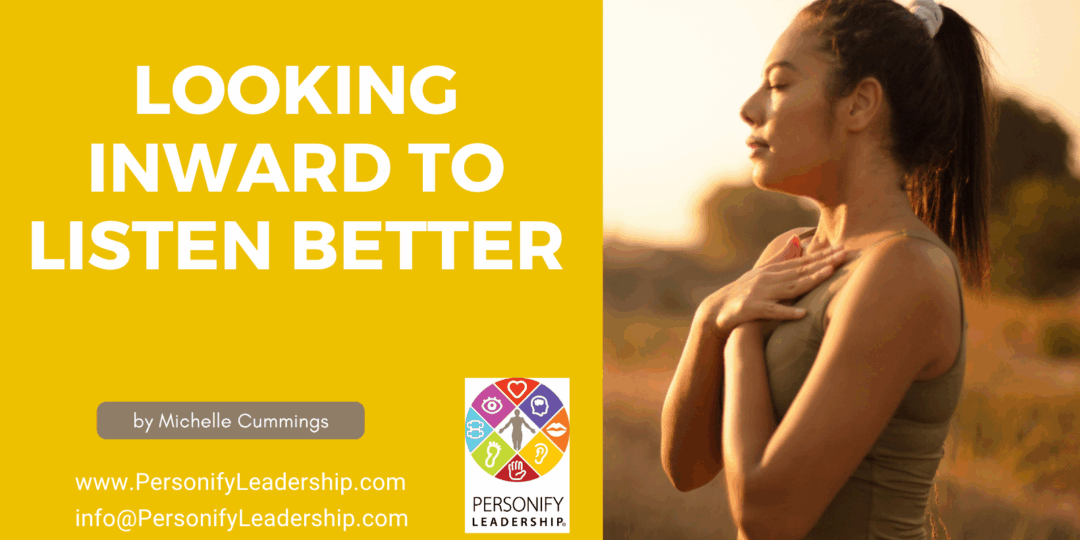
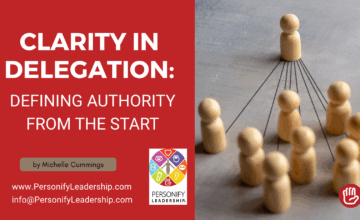
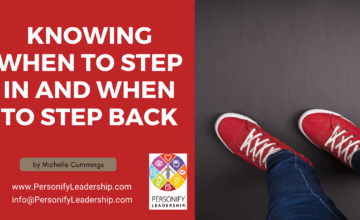
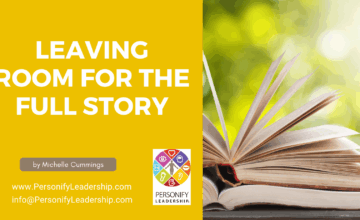
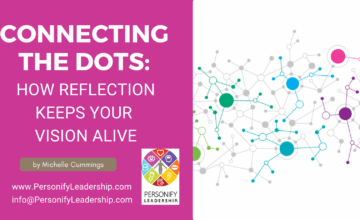
Recent Comments